What's the cost of IMF programs for the common man?
Nukta traces what has happened after Pakistan entered the latest program and what analysts say about the cost of IMF programs in general

Haris Zamir
Business Editor
Experience of almost 33 years where started the journey of financial journalism from Business Recorder in 1992. From 2006 onwards attached with Television Media worked at Sun Tv, Dawn Tv, Geo Tv and Dunya Tv. During the period also worked as a stringer for Bloomberg for seven years and Dow Jones for five years. Also wrote articles for several highly acclaimed periodicals like the Newsline, Pakistan Gulf Economist and Money Matters (The News publications)
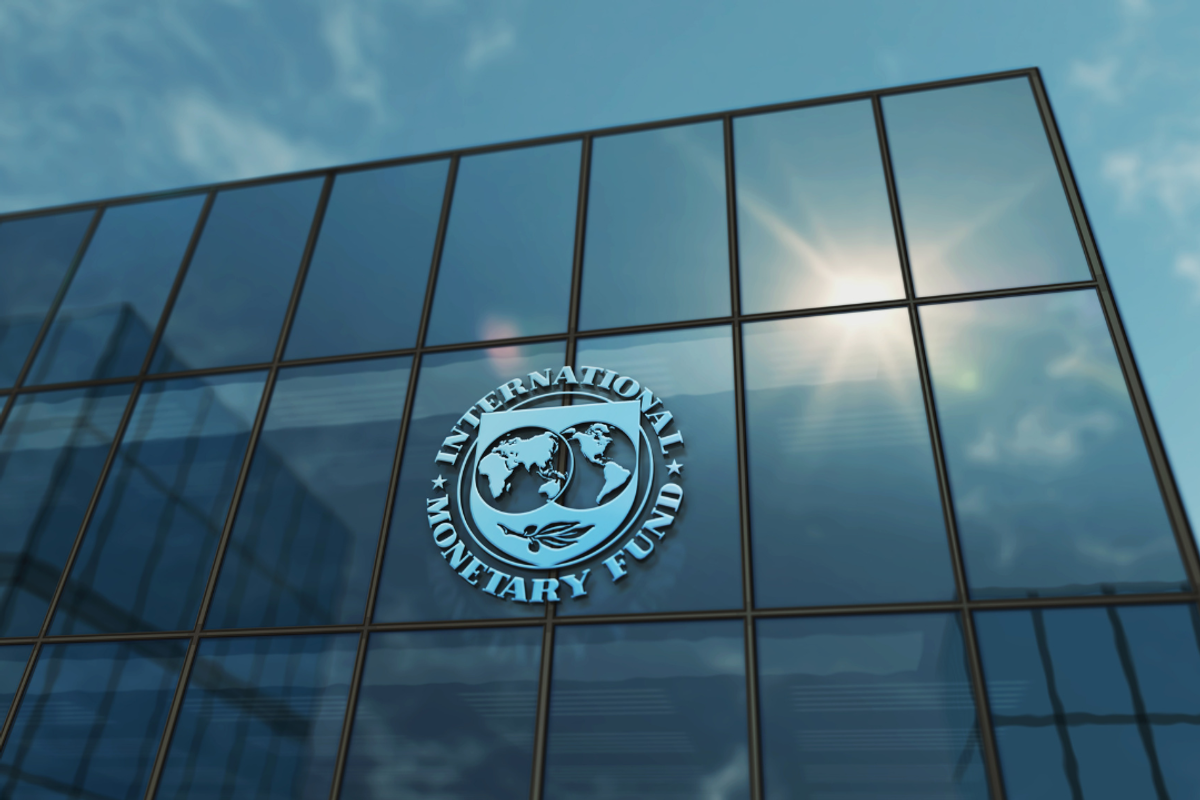
Shutterstock
While the International Monetary Fund's (IMF) programs for Pakistan revolve around improving or supporting the balance of payments position, the common man only has one clear question: why does Pakistan land at the doors of international lenders so often?
They want to question the finance ministers from each political party that have been at the helm about the mess the country keeps finding itself in while the taxes on them increase in every aspect from milk to tea, vehicles to air tickets, edible oil to petroleum products, electricity to gas, and the list goes on.
Nukta traces what has happened after Pakistan entered the latest program and what analysts say about the cost of IMF programs in general.
Every time the country entered into yet another IMF program, three major things made headlines — electricity tariff would be increased, gas prices would be reviewed, and heavy taxation was in the offing.
Whenever the new tax target has been set, taxes have only been increased even if the government had previously stated that this would not be the case.
After taking a quick look at the last two fiscal years after Pakistan entered the 24th program to bail out its economy from external debt payment pressures, keep domestic currency stable, and have smooth sailing, some key decisions were taken which directly or indirectly hit the common man.
Recently, the country reached a staff-level agreement with the IMF for the first review of the $7 billion Extended Fund Facility (the 24th program).
The latest IMF program
During the last two fiscal years, electricity tariffs have shot up by PKR 21-48.80 per unit, burdening the common man by almost PKR 900 billion.
Meanwhile, gas prices rose by almost 5-193% for commercial, industry, captive power plants, general industry, electricity units run on gas plants, and residential users.
Though the quantum of additional burden has not been disclosed officially, the gas price increase has helped contain the gas circular debt by almost PKR 250 billion to PKR 350 billion annually.
Moreover, petroleum development levy was increased from PKR 50 to PKR 70 per liter.
In the fiscal year ended June 30, 2023, the collection from PDL was PKR 580 billion, which increased to PKR 1019 billion, showing a whopping jump of PKR 439 billion — another burden on the common man.
For the fiscal year 2024-25, the target was set at PKR 1,280 billion, while in eight months, collection reached PKR 728 billion.
Moreover, every occasion when there is less revenue collection, the government axes the public sector development expenditure with ease. This also hits common man as the development projects either get stalled or fail to take off.
In fiscal year 2022-23, the public sector development expenditure target was PKR 950 billion while spending was PKR 651 billion. In fiscal year 2023-24, the target was PKR 950 billion while spending was PKR 631 billion.
In the current fiscal year, target was PKR 1,100 billion; in the six months ended Dec 31, spending was around PKR 370 billion.
What analysts say
'Lack of focus on root causes'
Shankar Talreja, director research at Topline Securities, said that the "IMF has only focused on the outcome in the last few years, focusing little on the roots."
"Tax revenues need to be increased and it's done through burdening the existing tax payers. Huge tax can be collected from retailers. However, unfortunately these are the grey and untouched areas of our economy."
Circular debt needs to be eliminated and the only way is by increasing gas tariffs, he added. "No one pays attention to aggregate commercial and technical losses i.e. transmission and distribution losses and recovery shortfall. There should be focus on addressing the roots of these problems."
He said that digitization should be promoted nationwide and digital means of payment should be used by all once high denomination currency is discontinued. Digital payments should be incentivized through banks, by offering them cash backs, and lower taxes. This will also help the government to minimize the pie of the informal/black economy, he commented.
"Under the current framework, Pakistan will remain trapped in a low growth cycle. In fact, despite the harsh measures taken to stabilize the economy of late, priorities remain unchanged. For instance, there has been no notable progress on widening the tax base or taxing the under-taxed/undocumented sectors of the economy, which often result in unproductive use of resources also," said Mustafa Mustansir, director research at Taurus Securities.
Instead, tax collection from the salaried class — the biggest representative of the country's middle-class — has surpassed taxes paid to exporters and retailers, he added.
'Pakistan's fault, not IMF's'
Asim Wahab, chief investment officer at Nafa Funds, said: "While at a personal level, I may not agree with all the reforms and approach that IMF has taken with Pakistan, I feel many of the reforms such as those related to wholesale/retail, agri, and real estate are necessary."
He pointed out that real progress in those sectors was yet to be seen while the burden was being passed on to the common man. "But that's not the IMF's fault, it's ours," he concluded.
Muhammad Awais Ashraf, director research at AKD Securities, said the structural reforms, whether related to fiscal or governance of state-owned enterprises, along with controlled spending advocated by the Fund are beneficial for the economy.
However, the opening of the economy and lack of incentives to promote local business are detrimental for our economy at this stage, he added.
Ali Nawaz, CEO of Chase Securities, said the real cost of securing the IMF loan extends far beyond the financial terms.
"While the loan promises vital funds, the country is required to commit to a range of stringent economic reforms, including continued fiscal consolidation, tax reform, energy-sector adjustments, and the privatization of state-owned enterprises. In addition, the IMF emphasized the need for sustainable climate reforms, making climate resilience a central focus of the agreement."
"These reforms, though necessary for long-term economic stability, may come with short-term socio-economic challenges as Pakistan seeks to balance growth with fiscal discipline. Ultimately, the real cost lies in the difficult trade-offs between immediate fiscal constraints … we can't blame the IMF, we need to get our house in order ourselves," Nawaz said.


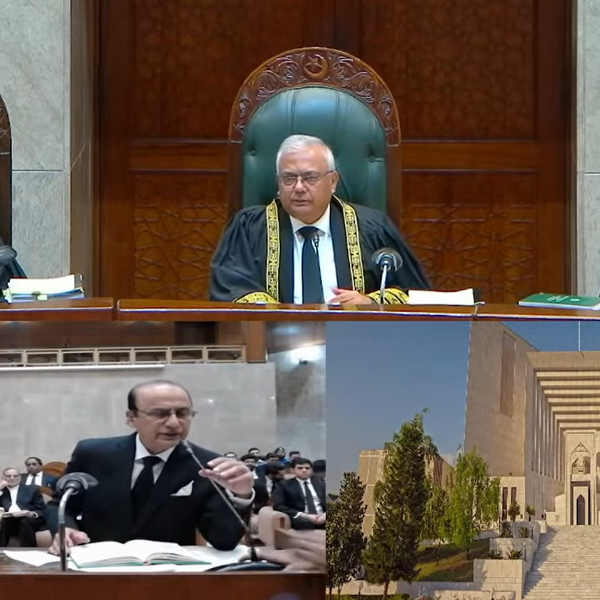

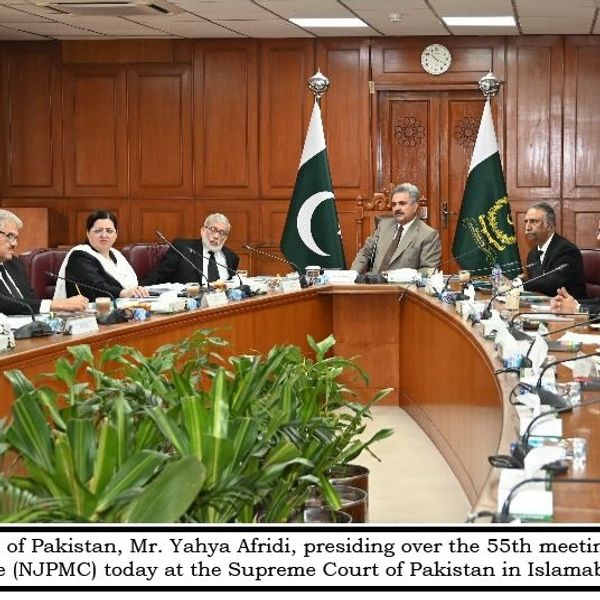
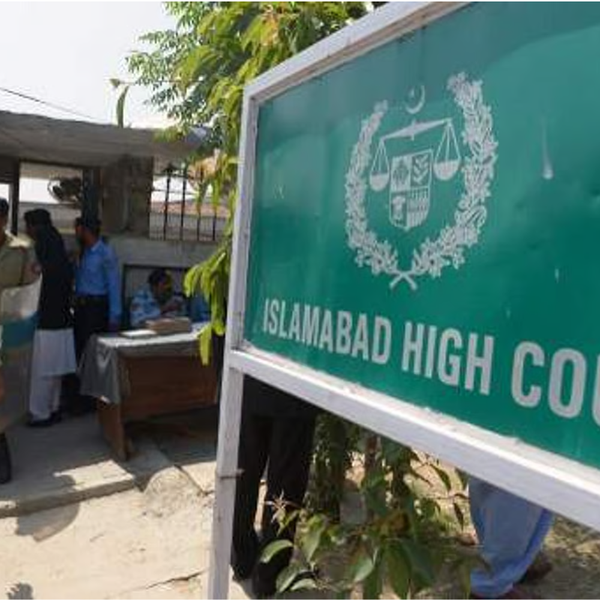

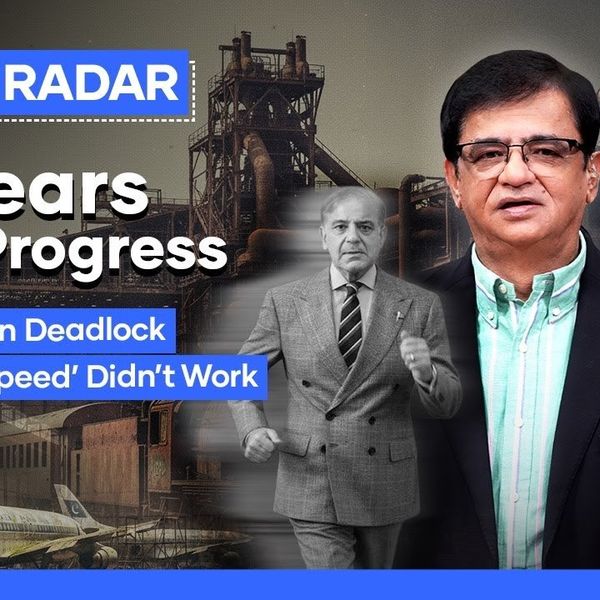
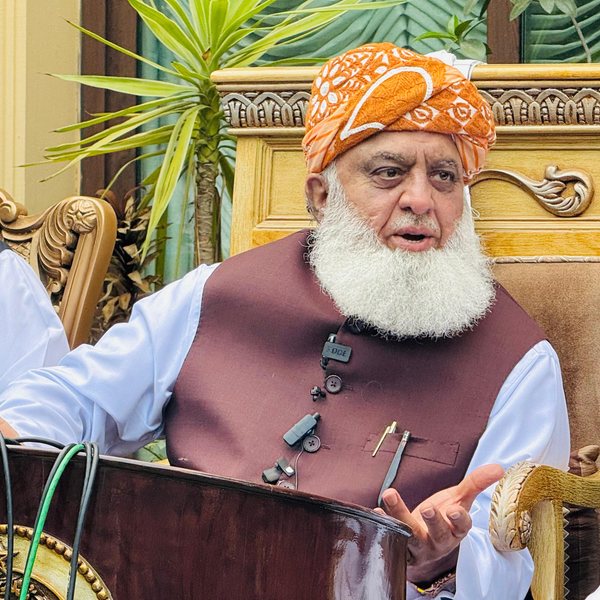

Comments
See what people are discussing